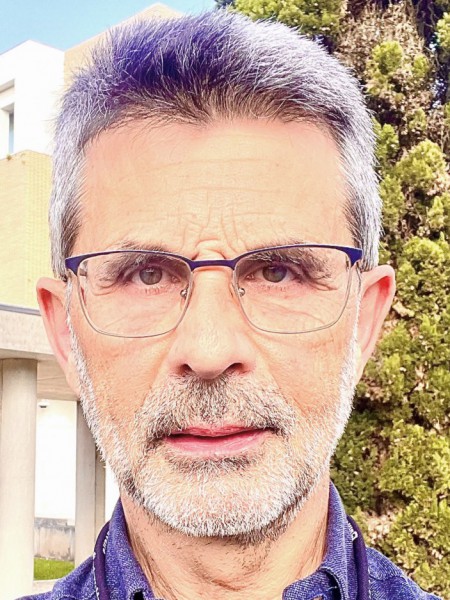abstract
The urgency to reduce CO2 emissions and energy costs has driven the investment in solar and wind technologies. However, these sources of energy are intermittent and heavily influenced by weather conditions. To overcome this limitation, it is necessary to combine electricity production with a stable and low-carbon energy source, and biofuels have emerged as a promising option. Nonetheless, other challenges have arisen, including the over-supply of glycerol. To address this issue, one of the most sought-after solutions is to convert glycerol into value-added products, such as polymer precursors, solvents, and fuel additives. The production of these products in-volves catalytic reactions such as oxidation, reduction, reforming, dehydration, acetalization, and carbonylation. Here, we review the latest advances in the conversion of glycerol into value-added products using zeolite-based catalysts and discuss the remaining challenges in this field.
keywords
CATALYTIC CONVERSION; BIODIESEL PRODUCTION; ACID CATALYSTS; GLYCEROL; DEHYDRATION; ACROLEIN; SOLKETAL; TRANSESTERIFICATION; ACETALIZATION; PERSPECTIVES
subject category
Chemistry; Engineering
authors
Bornes, C; Santos-Vieira, ICMS; Vieira, R; Mafra, L; Simoes, MMQ; Rocha, J
our authors
Projects
CICECO - Aveiro Institute of Materials (UIDB/50011/2020)
CICECO - Aveiro Institute of Materials (UIDP/50011/2020)
Associated Laboratory CICECO-Aveiro Institute of Materials (LA/P/0006/2020)
acknowledgements
This work received financial support from PT National Funds (FCT/MCTES, Fundacao para a Ciencia e Tecnologia and Ministerio da Ciencia, Tecnologia e Ensino Superior (PIDDAC)) through the CICECO-Aveiro Institute of Materials (UIDB/50011/2020, UIDP/50011/2020 and LA/P/0006/2020) and for the LAQV-REQUIMTE (UIDB/50006/2020 and UIDP/50006/2020). C.B. acknowledges FCT for Doctoral Fellowship PD/BD/142849/2018 integrated in the Ph.D. Program in NMR Applied to Chemistry, Materials, and Biosciences (Grant PD/00065/2013). The position held by I. C. M. S. S. V. (Ref. 197_97_ARH-2018) was funded by national funds (OE), through FCT, I. P., in the scope of the framework contract foreseen in the numbers 4, 5 and 6 of article 23 of the Decree-Law 57/2016 of 29 August, changed by Law 57/2017 of 19 July. FCT is also acknowledged by R.V. for a Junior Researcher Position (CEECIND/02127/2017).






